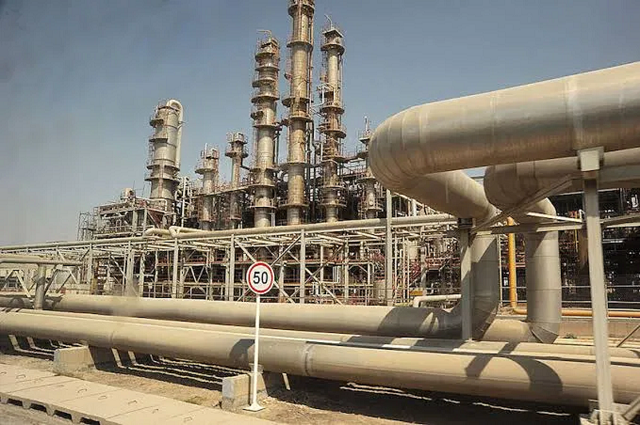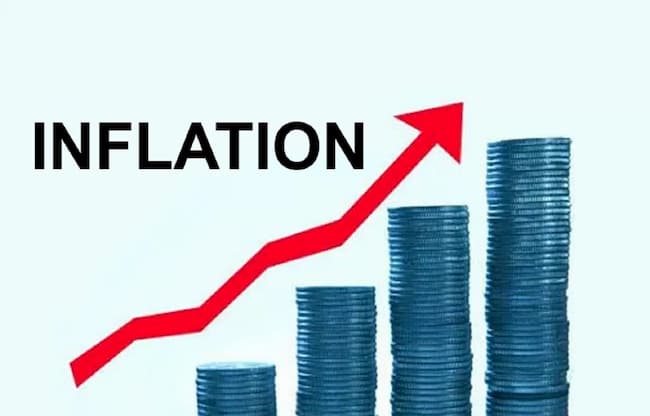The Organization of Petroleum Exporting Countries (OPEC) upped Nigeria’s crude oil production quota for September 2022 to 1.83 million barrels per day on Wednesday, while the price of Brent, the worldwide benchmark for petroleum, fell on the same day.
According to OPEC data, the 13-member organization increased Nigeria’s oil output limit from 1.826 million barrels per day in August to 1.83 million barrels per day in September. This comes as industry numbers viewed in Abuja showed a dip in crude oil prices, with Brent down 2.36 percent, losing $2.37 to settle at $98.17/barrel as of 5.10 p.m. Nigerian time.
At 5.13 p.m., crude oil grades in the OPEC basket fell in price, dropping $1.94, or 1.82 percent, to settle at $104.86/barrel. Oil prices have been above $100 per barrel for months due to a variety of industry worries, including the conflict in Ukraine with Russia. Nigeria, on the other hand, has reaped little benefit from the price hike due to its inability to achieve its OPEC-approved monthly oil output limit.
According to OPEC data, while Nigeria’s OPEC quota in June 2022 was 1.772 million barrels per day, the nation could only produce 1.158 million barrels per day. The country’s output in June, however, was 134 million barrels per day greater than in the prior month of May 2022.
Nigeria’s oil output was estimated to be 1.024 million barrels per day in May 2022, but it increased to 1.158 million barrels per day in June, still well short of OPEC’s 1.772 million barrels per day production limit.
Meanwhile, the organization stated that the latest crude oil production quota for September 2022 was arrived at during the 31st OPEC and non-OPEC Ministerial Meeting. It said the meeting noted the dynamic and rapidly evolving oil market fundamentals, necessitating a continuous assessment of market conditions.
“The meeting noted that the severely limited availability of excess capacity necessitates utilising it with great caution in response to severe supply disruptions,” the organisation stated in its report on the meeting.
It added, “The meeting noted that chronic underinvestment in the oil sector has reduced excess capacities along the value chain (upstream/midstream/downstream).
“It highlighted with particular concern that insufficient investment into the upstream sector will impact the availability of adequate supply on time to meet growing demand beyond 2023 from non-participating non-OPEC oil-producing countries, some OPEC member countries and participating non-OPEC oil producing countries.”
The oil cartel further said that Declaration of Cooperation conformity had averaged 130 per cent since May 2020, supported by voluntary contributions of some participating countries.
Emphasising the value and importance of maintaining consensus as essential to the cohesion of OPEC and participating non-OPEC oil-producing countries, and because of the latest oil market fundamentals, the participating countries reached some decisions.
They decided to reaffirm the decision of the 10th OPEC and non-OPEC Ministerial Meeting held on April 12, 2020, and further endorsed it in subsequent meetings, including the 19th OPEC and non-OPEC Ministerial Meeting of July 18, 2021.
















